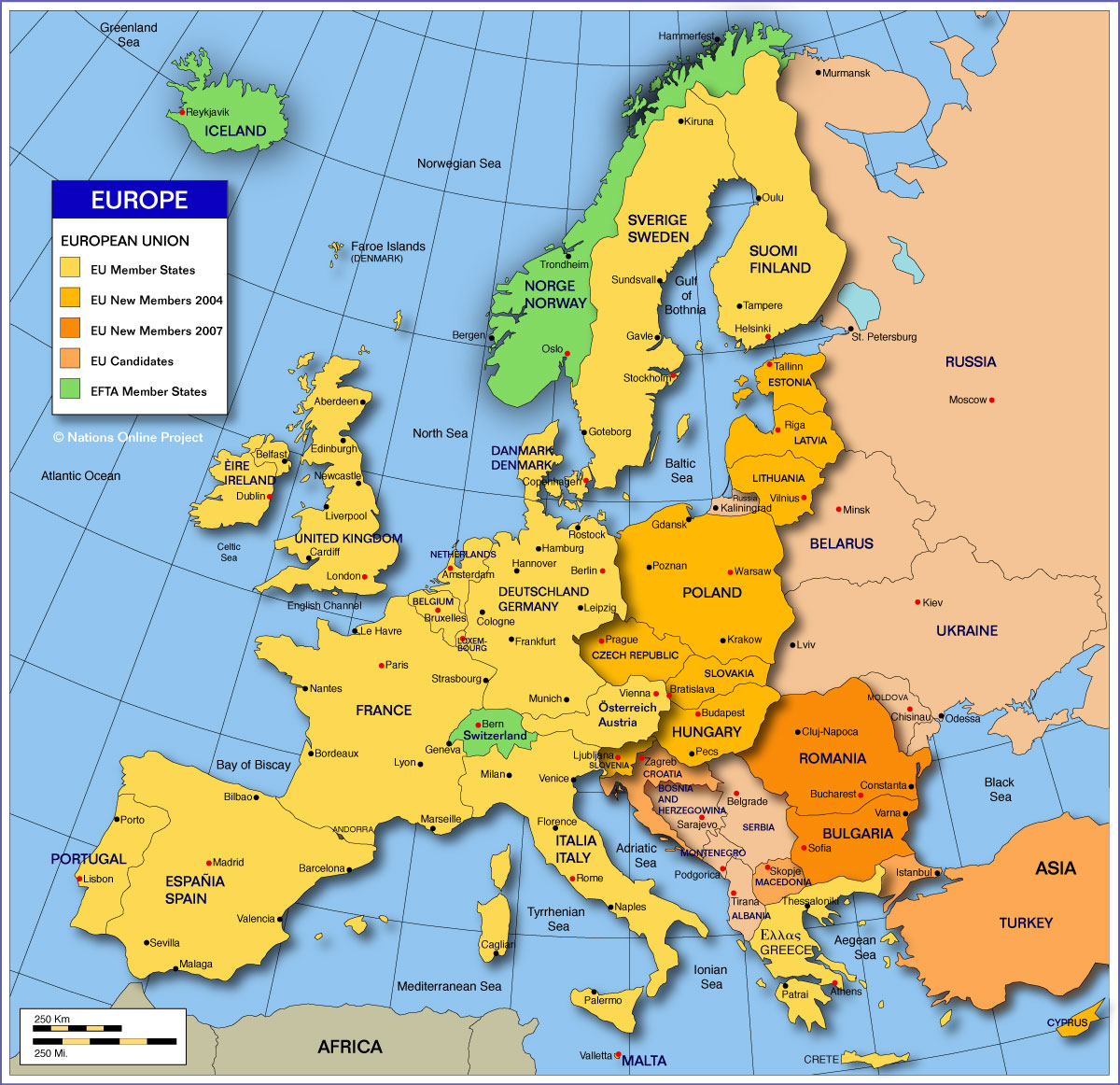 The worst alternative in the effort to bailout the weak nations of the EU would be to do it one country at a time. However, that may be the only avenue available to all the parties who need to find a way to restructure the finances of nations like Greece and Spain, unfortunately.
The worst alternative in the effort to bailout the weak nations of the EU would be to do it one country at a time. However, that may be the only avenue available to all the parties who need to find a way to restructure the finances of nations like Greece and Spain, unfortunately.
The sovereign debt of Greece will be restructured. The region’s nations and IMF have made that clear. It appeared for a time that these parties might let Greece default. But the parliament of the troubled southern European nation has set severe austerity measures. A deficit that is worse than expected may offset the austerity savings, but a rescue plan is well underway.
One of the reasons the bailout of Greece may happen without a complete plan for the rest of the region is that financial firms that hold some of the nation’s bonds will be asked to take write-downs of as much as 60%. This could cost banks as much as 38 billion euros. The region’s largest banks may be able to survive that. Additional write-downs of the sovereign debt of Spain or Italy might crush these banks. It will take time for them to be recapitalized after a Greek deal is finished. Germany and France can afford to do that. But they may not be able to again, either politically or financially.
Another reason that Greek’s restructuring may have to happen alone is that EU nations have been unable to agree on the future of the European Financial Stability Facility. Almost all parties involved in talks about an increase to its size say that its current balance is not great enough to address the region’s sovereign and bank debt crisis. That does not mean everyone in the talks to recapitalize it will agree on how the process to increase the fund will be completed. Germany’s parliament has approved plans for Angela Merkel to participate in talks, but she is only one party, albeit an important one.
The single most persuasive argument about a “universal solution” to prevent capital market investors from a mass retreat from ownership of the sovereign debt of Portugal and Italy is contagion. The race to create a larger bailout facility is based on the formation of a facility so large that investments in Portugal and Italy become safe because they are backstopped by their neighbors.
The move toward that safety may be too much to ask. The parties at war with one another over how debt in the region can be restructured may be too contentious. Like it or not, the bailout of Europe may happen one nation at a time and only as it becomes apparent that a country’s finances are about to collapse.
Douglas A. McIntyre
Travel Cards Are Getting Too Good To Ignore
Credit card companies are pulling out all the stops, with the issuers are offering insane travel rewards and perks.
We’re talking huge sign-up bonuses, points on every purchase, and benefits like lounge access, travel credits, and free hotel nights. For travelers, these rewards can add up to thousands of dollars in flights, upgrades, and luxury experiences every year.
It’s like getting paid to travel — and it’s available to qualified borrowers who know where to look.
We’ve rounded up some of the best travel credit cards on the market. Click here to see the list. Don’t miss these offers — they won’t be this good forever.
Thank you for reading! Have some feedback for us?
Contact the 24/7 Wall St. editorial team.



